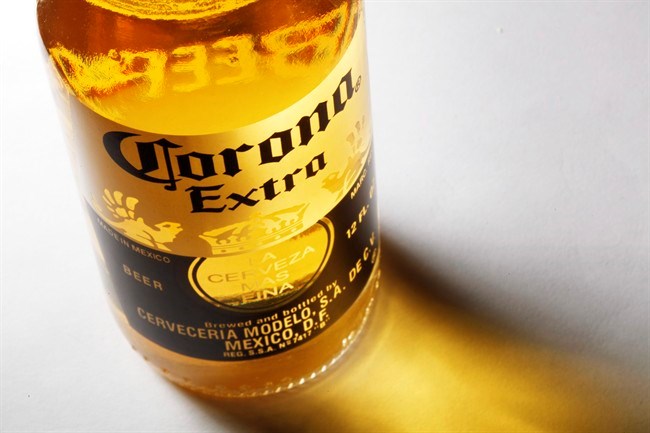A recent survey suggested that 38 per cent of Americans are not drinking Corona beer due to the ongoing COVID-19 outbreak, formerly known as the coronavirus.
There is obviously no link between the beer and the virus itself, but the survey suggests that a mental association between the product and the disease might be too much to bear for some Americans.
Constellation Brands, the maker of the iconic beer brand, was quick to send a statement that beer sales were not affected so far by the outbreak, but without providing any numbers. America’s relationship with risk is as interesting as it is unpredictable, especially from a Canadian perspective.
Even if results from the survey were disputed by the company and by many analysts, what rings true is America’s fear of fear itself.
Time and time again, America’s obsession with risks and how it deals with them has fascinated Canadians and others. Risk perception is rarely rational, especially in the United States.
Some reports suggest that restaurants in Chinatowns across America, from Los Angeles to New York, have seen a drop of 20 per cent in traffic compared with January and February sales from last year.
In Canada, some have suggested the same phenomenon is happening, but no figures have been shared of late. It’s always difficult to know whether these reports have any validity, but such behaviour wouldn’t be surprising in the U.S. With so much abundance of choice in the market, how Americans perceive risk will allow them to consider other options.
America has had its share of food-safety disasters. In 1993, burgers served at 73 locations of the fast-food chain Jack in the Box were linked to an E. coli epidemic that infected 732 people, most of them children under 10 years old. This avoidable outbreak costs the lives of four children.
In 2007, agribusiness giant ConAgra failed to maintain one of its peanut butter plants in Sylvester, Georgia. Several salmonella-tainted jars of Peter Pan peanut butter were sold, which caused more than 600 people to fall ill. The company was fined more than $11 million.
In 2009, executives at the Peanut Corporation of America were aware that their peanut butter was tainted with salmonella, but shipped products out anyway. Some executives were fined and jailed.
In 2015, too little surveillance over its supply chain led to a norovirus outbreak at Chipotle, a large restaurant chain based in the U.S. More than 300 people fell ill, and shares were hammered by investors. The chain eventually recovered, although its reputation was damaged. All these events have arguably contributed to America’s collective unease with industry and the foodstuffs Americans have access to.
In all these cases, companies suffered financially, and rightly so. But the Corona beer and virus case is an interesting one. The World Health Organization chose the name of the virus, simply by following regular protocols of naming diseases.
It called it coronavirus at the beginning, and changed it on Feb. 11 to COVID-19.
Specific reasons for the change are unclear, but media covering the story are mostly still referring to the disease by its original name, coronavirus. To suggest the naming process of an international agency might have affected sales of a beverage carrying a similar name is telling of our risk-averse society.
With more product options comes an acceptance to allow perceived risk to influence our behaviour and choice. It’s as simple as that. A collective obsession to avoid risks will make consumers want to protect themselves first and foremost.
America’s growing fear of food itself is becoming more and more apparent in today’s health-obsessed and risk-averse society, as any Canadian food exporter to the United States will tell you. Technological progress in food is generally supposed to make human life easier and safer. However, these incidences are showing us that this progress seldom occurs without the unfortunate emergence of manufactured policy, economic, environmental and social risks.
Despite its rigour and scientific commitment, the WHO’s decisions might have had unintended consequences, and Constellation Brands had to openly address how its sales were affected. This could easily happen again, and one suspects the WHO is taking notes.
Canada is certainly not immune to any of this, but the situation is not as critical. Canadians perceive risks differently. Most Canadians believe Canadian food to be safe, even when a major recall occurs.
We saw this with mad cow in 2003, listeria and Maple Leaf Foods in 2008, and XL Foods and beef in 2012. But as regulatory authorities attempt to contain risks, any risks, the burden is placed upon the shoulders of individual consumers to make their own decisions, based on the evidence they have at hand.
And this is where things are getting complicated. It’s difficult to know who and what to believe in a world of misinformation, cancel-culture tactics, fake news and propaganda. Public agencies will need to be very careful and should think of ways to get more proactively involved in our public discourse about how we deal with food-related risks.
Dr. Sylvain Charlebois is a professor in food distribution and policy at Dalhousie University.



